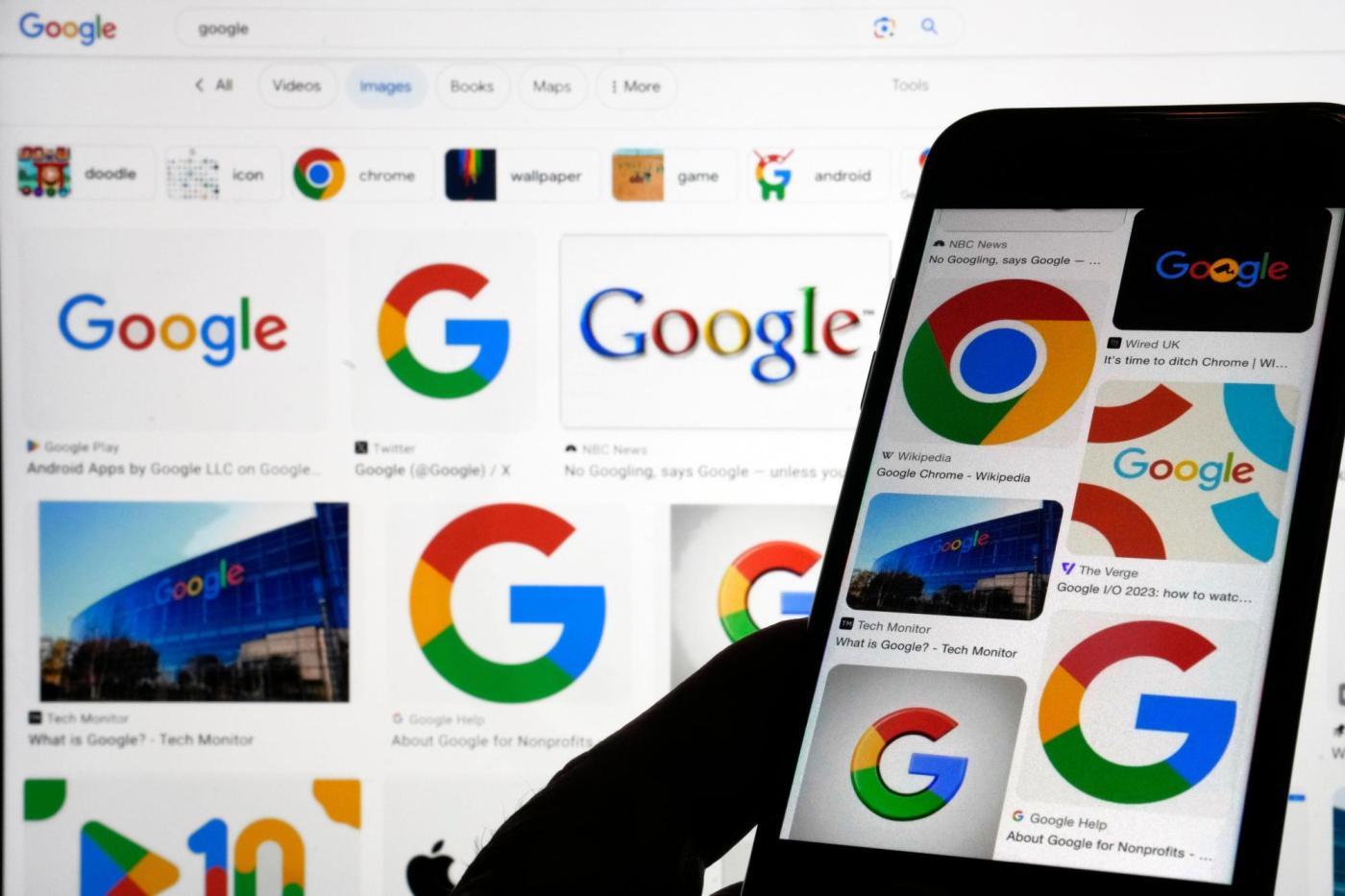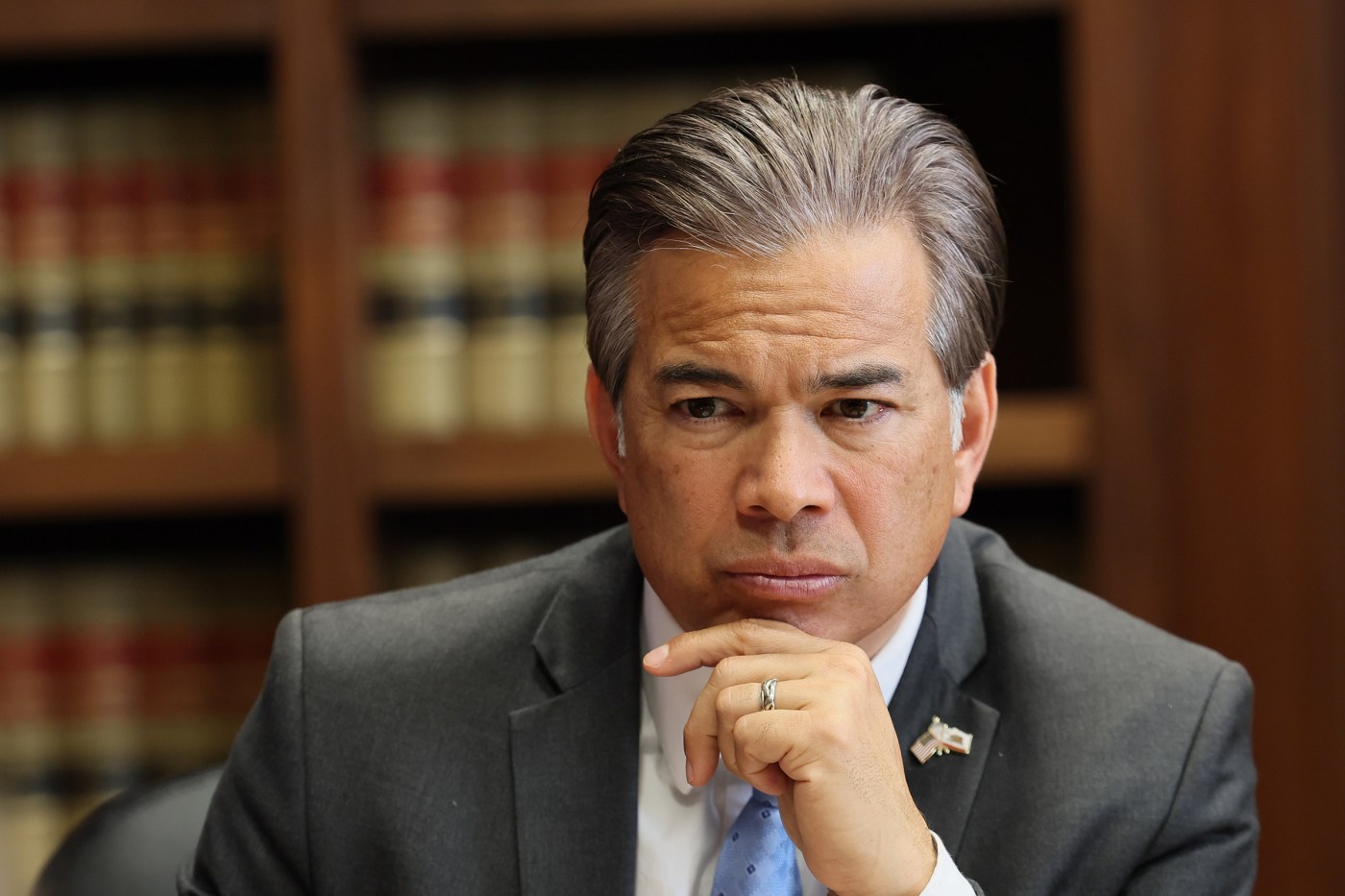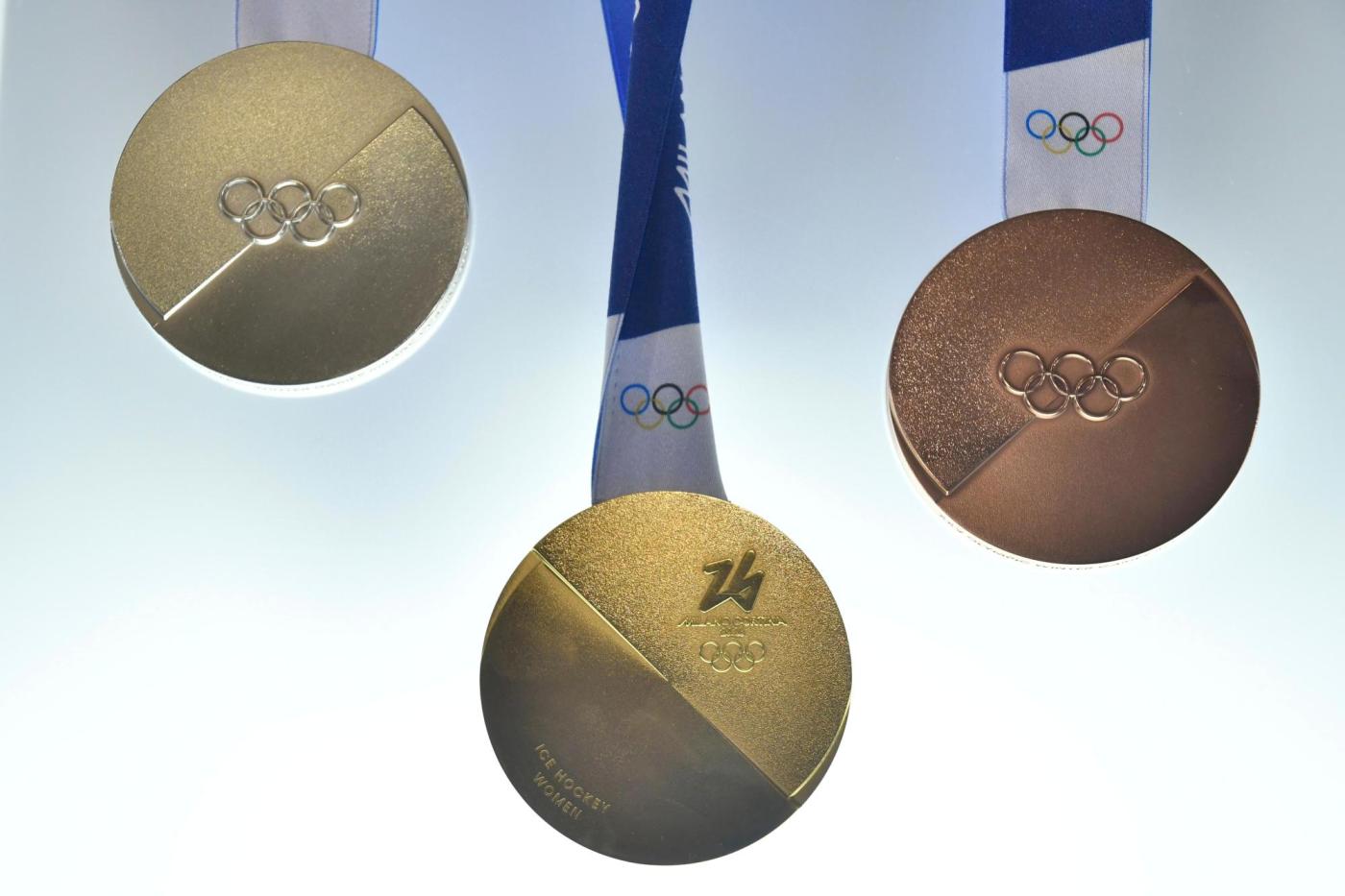By Julia Love and Hannah Miller, Bloomberg
Google is seeking to recruit news organizations for a new licensing project related to artificial intelligence, according to people familiar with the matter, a sign the company wants to strengthen strained ties with the industry.
The company plans to launch a pilot project initially with about 20 national news outlets, according to one of the people, who works at a media outlet that was contacted and asked not to be identified discussing private talks.
RELATED: California and Google will make a media fund for the floundering news industry
“We’ve said that we’re exploring and experimenting with new types of partnerships and product experiences, but we aren’t sharing details about specific plans or conversations at this time,” a Google spokesperson said in a statement.
Related Articles
Bay Area lawmaker pushes to require AI companies to release safety policies
Google is betting on a fusion future in power deal with Commonwealth
EU’s competition chief won’t trade big tech rules to placate Donald Trump
Pope Leo calls for an ethical AI framework in a message to tech execs gathering at the Vatican
Waymo robotaxi stopped illegally, passenger opened door and severely injured cyclist, lawsuit claims
Getting Alphabet Inc.’s Google to pay for content for AI projects could be a big win for struggling media companies, which have lost readers and advertisers to digital outlets for years and view artificial intelligence as a new, potentially existential threat. With the exception of a partnership with the Associated Press earlier this year and a 2024 pact with Reddit, Google has mostly sat on the sidelines while AI rivals strike deals with publishers.
Startups Perplexity AI Inc. and OpenAI have both started paying publishers to use their content in their chatbots, giving the media companies a much-needed infusion of revenue.
Google’s licensing project is tailored to specific products, according to another person familiar with the plan. They didn’t share additional details of the program, such as possible terms.
Google cites articles and online outlets in its AI Overviews, which are short, AI-generated responses that top many search results. While publishers believe those summaries have cut traffic to their websites, they have been hesitant to shield their content from Google’s AI tools for fear of hurting their visibility in the company’s search results.
Silicon Valley and the media industry have been at odds over tech companies’ use of news content to build AI programs, with publishers worried it will further erode their relationship with readers. In late 2023, the New York Times sued OpenAI, alleging that the startup and its largest investor, Microsoft Corp., relied on copyrighted articles to train the popular ChatGPT chatbot and other artificial intelligence features.
Yet as the media industry increasingly speaks out about the need for compensation, technology companies seem to be recognizing they must come to terms with news outlets, said David Gehring, chief executive officer of Distributed Media Lab, a company that works with publishers and advertisers. Gehring said he had no knowledge of Google’s latest talks with publishers.
“Google and the other platforms realize that — if not by virtue of public policy then by virtue of technology — the platforms’ access to unlimited web data is about to end,” said Gehring, who previously worked on news partnerships at Google and the UK newspaper the Guardian. “And so they need to have licensing relationships in place, or there won’t be any blood to put in the veins of the AI monster.”
In July, Cloudflare Inc., a web infrastructure and security company, announced a “pay per crawl” program that lets creators bill AI services for access to their content.
“Google still thinks they’re special and that they don’t have to play by the same rules that the rest of the industry does,” Cloudflare CEO Matthew Prince said in an interview. “Eventually, Google will get in line with what the large AI companies have been saying for a long time, which is that ultimately content providers need to be paid for their content.”
Google has long engaged in a delicate dance with news outlets. Many publishers depend on the search engine for traffic when news breaks. Yet industry leaders have cried foul about the tech giant’s use of their content in products such as Google News, which displays headlines and short snippets of articles.
In the past, Google has offered programs such as Google News Showcase to compensate publishers without undermining its core argument that the copyright doctrine of fair use permits use of their material. The company has also been more open to striking deals with wire services such as the AP, which are in the business of licensing content.
Earlier this year, Google announced a partnership with the AP to provide news for its Gemini chatbot, its first deal of that nature. The tech giant has also explored an audio AI news product under its Gemini brand that leverages the content it’s licensing from the AP, according to a person familiar with the matter.
For the long-term health of the news business, Danielle Coffey, president of the News/Media Alliance trade group, said she is focused on ensuring the industry has “a legally sustainable right to compensation and protections that will provide a fair market exchange for our valuable content across the board.”
More stories like this are available on bloomberg.com
©2025 Bloomberg L.P.




